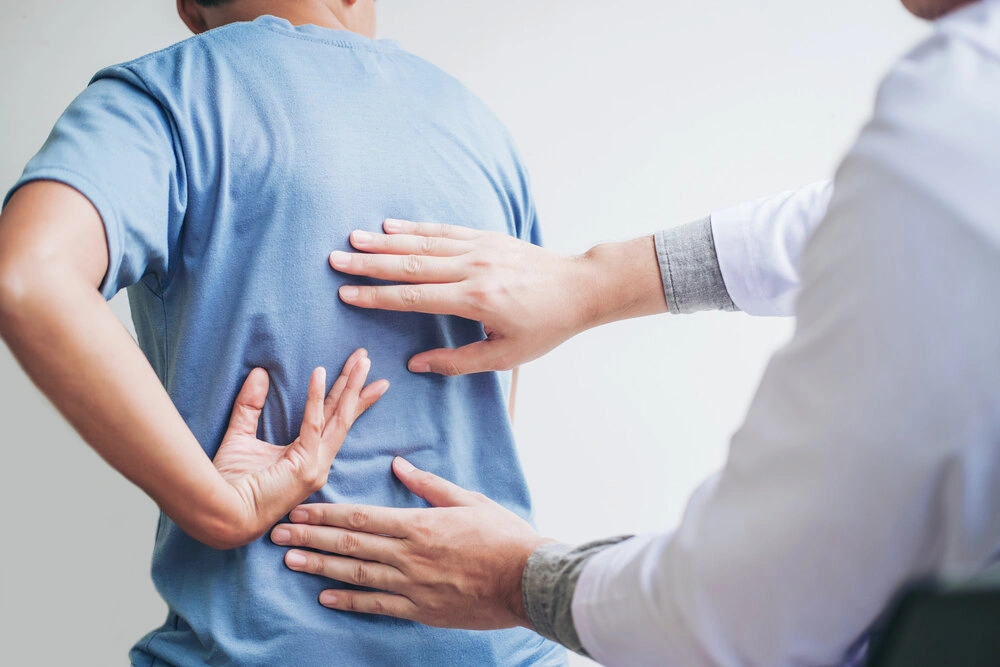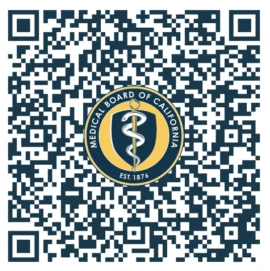Constipation is more than just an inconvenience. For many, it can lead to discomfort and even pain in areas you wouldn’t typically associate with bowel issues, such as the lower back. If you’re struggling with lower back pain and suspect constipation may be the culprit, you’re not alone. At Digestive Disease Consultants of Orange County, we help patients understand the connection between digestive health and various symptoms, including back pain, and offer effective solutions for relief.
Understanding the Link Between Constipation and Lower Back Pain
Lower back pain associated with constipation is a common complaint, especially when bowel movements become irregular or strained. The pressure from the buildup of stool in the intestines can lead to discomfort in the lower abdomen, which often radiates to the lower back.
Constipation occurs when bowel movements are infrequent, and stools become hard, dry, and difficult to pass. This creates a cycle of straining, which can put additional pressure on your lower back muscles. In severe cases, fecal impaction can occur, leading to more intense pain and the need for medical intervention.
Common Causes of Constipation
Several factors can contribute to constipation, including:
- Dietary Choices: A diet low in fiber and high in processed foods can slow down digestion.
- Dehydration: Not drinking enough water can lead to hard stools, making them more difficult to pass.
- Sedentary Lifestyle: Lack of physical activity can slow down the natural movement of the digestive system.
- Medications: Some medications, including painkillers and antidepressants, may cause constipation as a side effect.
- Medical Conditions: Conditions like Irritable Bowel Syndrome (IBS), Crohn’s disease, or even stress can contribute to constipation.
Recognizing the Symptoms
Constipation presents itself in various ways, with lower back pain being one of the less common but significant symptoms. Other symptoms to be aware of include:
- Rare bowel movements (fewer than three times a week)
- Straining during bowel movements
- Hard, lumpy, or dry stools
- A sensation of incomplete evacuation
- Abdominal bloating or discomfort
When constipation is severe or chronic, the strain on the lower abdomen can result in radiating pain to the lower back. The longer the constipation persists, the more likely back pain will occur.
How to Relieve Constipation and Back Pain
Addressing constipation can help alleviate the associated lower back pain. Here are some practical methods to help alleviate discomfort:
1. Increase Fiber Intake
Fiber is essential for promoting healthy digestion. Try to include more fiber-rich foods in your diet, such as:
- Whole grains (brown rice, oatmeal, quinoa)
- Fresh fruits and vegetables
- Legumes (beans, lentils, peas)
If you’re struggling to get enough fiber through food alone, fiber supplements like psyllium husk can also help promote regular bowel movements.
2. Stay Hydrated
Drinking plenty of water is key to softening stools and aiding their movement through the digestive system. Strive to drink at least 8 glasses of water per day. Herbal teas, broths, and clear soups can also contribute to your daily fluid intake.
3. Exercise Regularly
Physical activity can stimulate intestinal contractions, helping to move stools through the colon. Aim for at least 30 minutes of moderate exercise, like walking or swimming, several times a week.
4. Try Over-the-Counter Remedies
Laxatives and stool softeners can offer short-term relief from constipation, but they should be used cautiously and only with guidance from a healthcare provider. Long-term use of laxatives can lead to dependency or worsen constipation.
5. Adjust Your Bowel Routine
Reserve time each day for a bowel movement, ideally after meals when your digestive system is more active. Don’t rush the process or ignore the urge to go, as this can contribute to constipation.
6. Seek Medical Treatment
If you’re experiencing chronic constipation or back pain that doesn’t improve with lifestyle changes, it’s time to consult a healthcare provider. At Digestive Disease Consultants of Orange County, we offer diagnostic and treatment options to address the root causes of your constipation.
For instance, colonoscopy and sigmoidoscopy can help detect any underlying issues, such as inflammatory bowel disease or colorectal polyps, that may contribute to constipation. We also provide specialized tests, including H. Pylori breath testing, to assess digestive health.
When to See a Doctor
While occasional constipation and mild lower back pain can often be managed at home, there are times when medical attention is necessary. Consult a doctor if you encounter:
- Severe or persistent lower back pain
- Constipation lasting more than three weeks
- Blood in your stool
- Unexplained weight loss
- Vomiting or nausea
These symptoms could indicate a more serious underlying condition, such as a bowel obstruction or colon cancer, which requires prompt evaluation.
Preventing Future Constipation
Preventing constipation is key to avoiding its uncomfortable symptoms, including lower back pain. Here are some preventive tips:
- Balanced Diet: Maintain a diet rich in fiber, fruits, vegetables, and whole grains.
- Hydration: Stay well-hydrated throughout the day.
- Regular Exercise: Engage in daily physical activity to keep your digestive system moving.
- Routine Check-ups: Regular screenings, like colon cancer screenings and colonoscopy, can help detect issues early, ensuring long-term digestive health.
At Digestive Disease Consultants of Orange County, we provide personalized care to help you manage constipation and associated symptoms. Whether it’s weight loss consultations, diagnostic tests, or comprehensive treatment plans, we’re here to guide you every step of the way.



